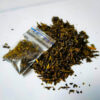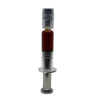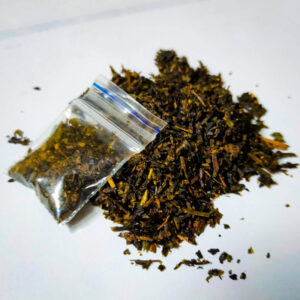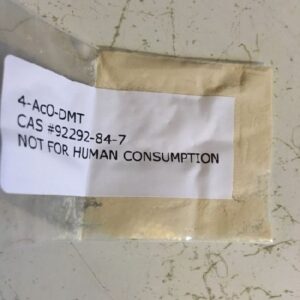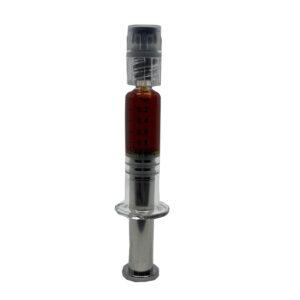DMT Powder
$210.00 – $1,250.00Price range: $210.00 through $1,250.00
DMT Powderis a psychedelic of the tryptamine class. It is found in a wide variety of plant species, and at least one toad species.
DMT Powder
DMT Powder (Dimethyltryptamine) is a very sturdy psychedelic located in a wide variety of animals and plants. Then, for pharmacological research, it would be a potentially beneficial alternative to psilocybin. But they are also expected to be prodrugs for psilocin then.
This occurs as a crystalline-looking white or beige powder, without specific adhesion (sometimes dark). Some manufacturers also market this powder in capsule form, more infrequently in vials. The most prevalent nowadays are synthetic / semi-synthetic tryptamines, while the use of these substances is still limited.
It is widely used as salt fumarate containing, on average, 1 mg of pure DMT per 1,24 mg of powder. Or, if it is hydrochloride salt, it will, on average, contain 1 mg of pure salt for every 1.15 mg of powder. The difference may simply be marginal, but it’s worth learning.
- (according to Erowid) Oral dosage (approximate)
- Effect Threshold: 5-10 mg
- Low: from 10 to 20 mg
- Common: from 20 to 30 mg
- Reliable: 30-50 + mg
Effects
Surprisingly, the molecule’s effects are similar to those of magic mushrooms, such as the genus psilocybe. Of this very thing, the adage is descriptive. Depending on the dosage and the patient, the average length of the trip is around 3 to 6 hours.
As with psilocine, the relative toxicity of DMT Powder online and, more specifically, neurologically, is a fortiori low: nearly no neurotoxicity. However, these are just exaggerations, and the fact is that no substantial scientific research on the subject has been carried out.
Physical risks, including vomiting, loss of consciousness, and seizures, are especially apparent, but these are fairly rare. Nobody has died from taking it, as far as we know, nor is it likely to be physically dangerous for most individuals.
Pregnant or breastfeeding women or those vulnerable to seizures should certainly be prevented, as with other psychedelics. Basically, heart attacks, blood pressure problems, or mental health issues, such as intense anxiety. If only to err on the side of caution, given the lack of clinical trials.
| Qty | 1 Ounce, 1/4 Pound, 1/2 Pound, 1 Pound |
|---|
Related products
DMT
DMT

